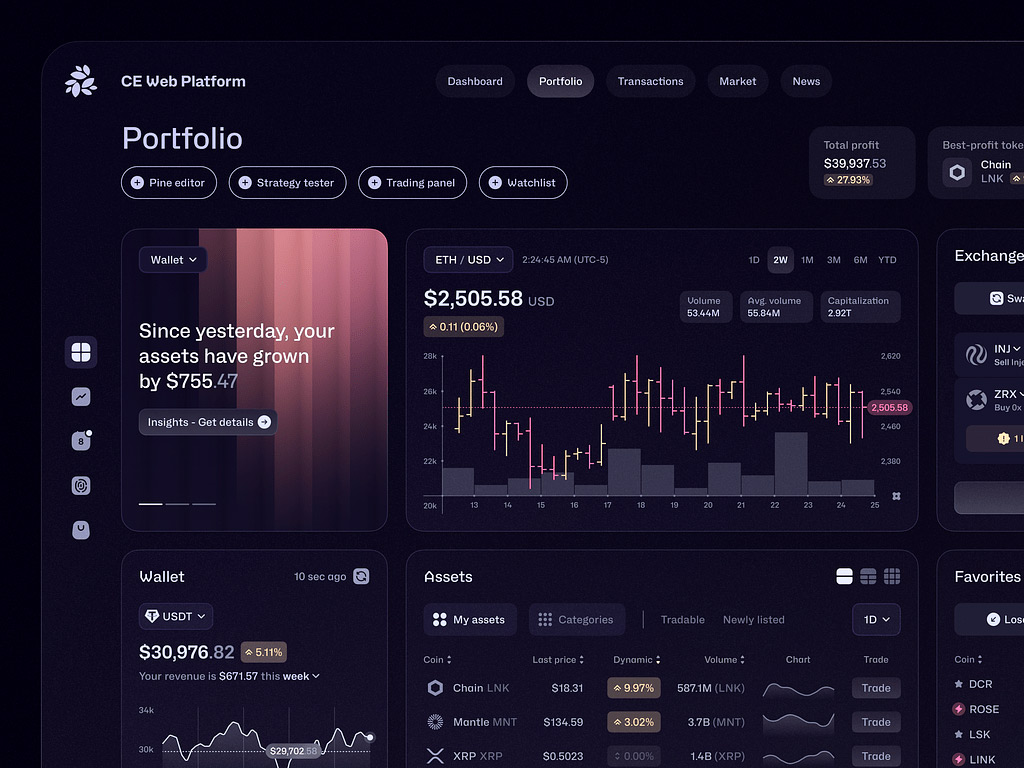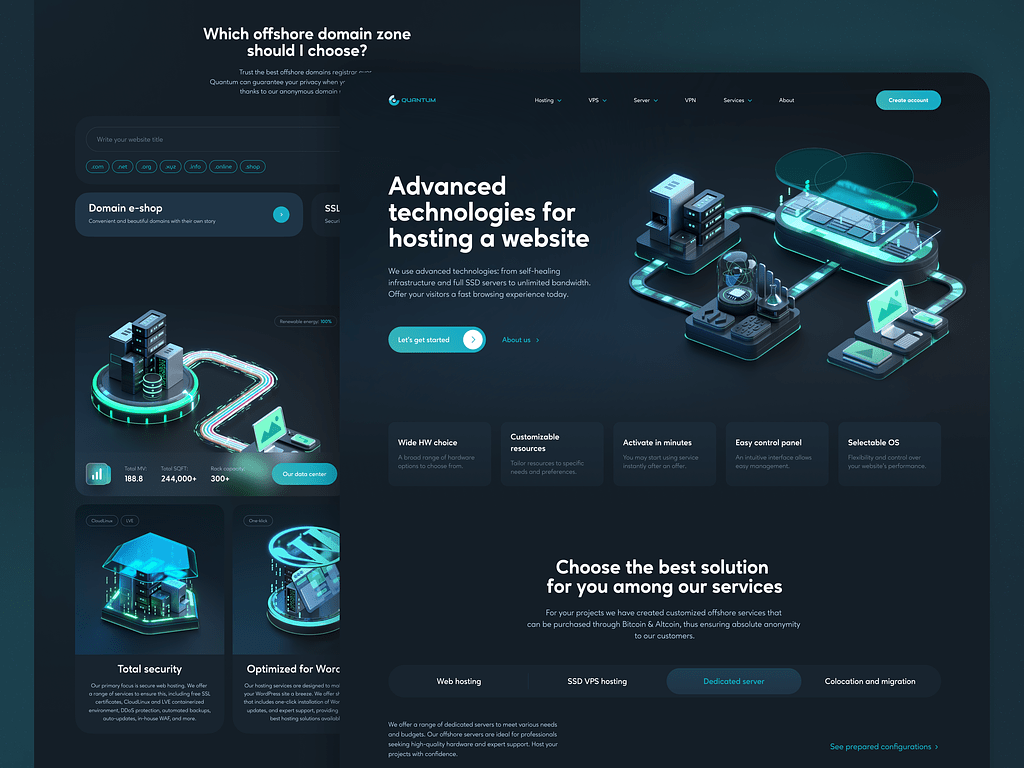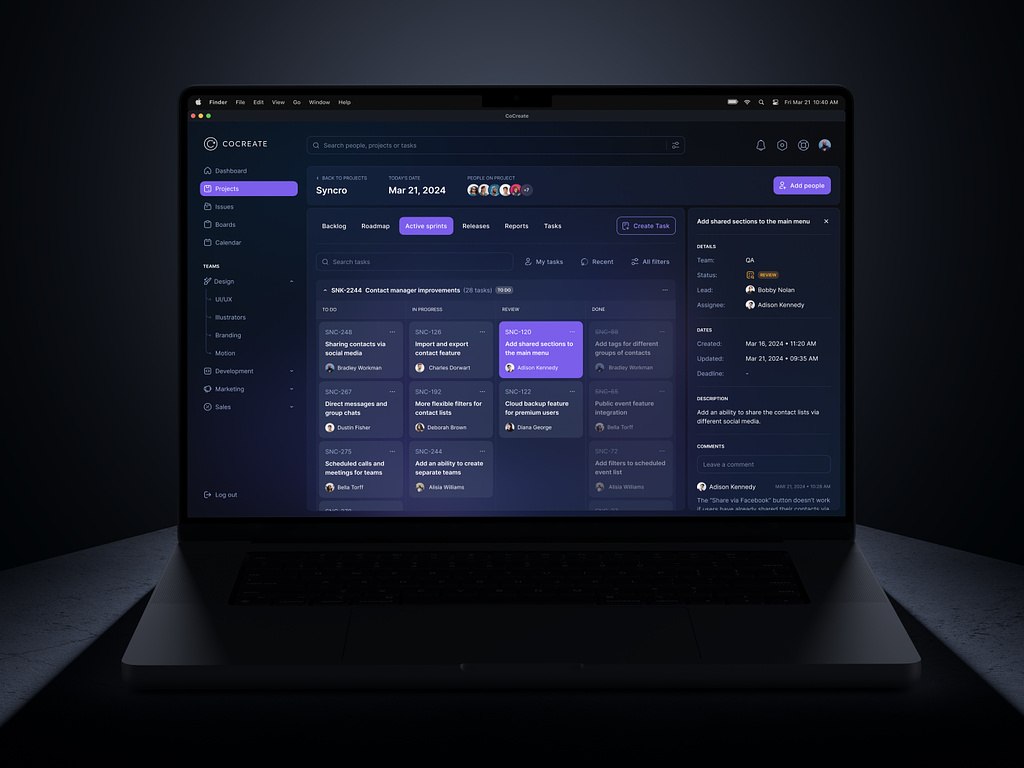Creating a website can often feel like a daunting challenge. With countless programming languages available, choosing the right one for your project can be overwhelming. However, when it comes to web development in Python, this language has earned a reputation as a top choice for building dynamic and scalable websites. Whether you’re exploring Python web development services or seeking a reliable web development company, Python stands out as a powerful solution for modern web projects.
Contents:
When it comes to picking a programming language, it really depends on how fancy and responsive you want your website to be, as well as how complicated the coding is going to get. Python stands out because it’s all about making things happen fast. It’s one of the most popular coding languages, especially for new businesses and startups. Developers across the world love it for its flexibility and how easily it keeps up with new tech trends.
In this blog post, we’ll take a closer look at what makes Python special and why Python for web development is such a big deal. We’ll also chat about its benefits and different Python frameworks for web development.
Let’s begin with understanding – what is Python web development?

Real Estate Dashboard Design Concept by Conceptzilla
What is Python web development?
Imagine you’re building a house. Now, instead of bricks and mortar, you’re using lines of code to construct a digital space on the internet. That’s what we call web development. And when we talk about Python web development, we’re specifically using the Python programming language to create websites and web applications.
Now, did you know that Python was created by Guido van Rossum way back in 1991? It’s pretty amazing how far it’s come since then.
But web programming using Python isn’t just about writing code from scratch. It also comes with a bunch of tools and frameworks that make the whole process a whole lot easier. For example, there’s Django, a high-level web framework that comes with several built-in features like user authentication, database management, and URL routing. Then there’s Flask, a lightweight micro-framework that gives you more freedom and flexibility to build things your way.
With Python and web programming, the possibilities are endless. You can create dynamic web applications that interact with users in real-time, build APIs that connect different parts of your digital ecosystem, or even create AI-powered chatbots that can answer customer inquiries. Sounds awesome, right?
And the best part? Python web development isn’t just limited to web development. You can also use Python to create mobile apps, desktop applications, and even games.
Why use Python web development for business?
Here’s a closer look at why businesses prefer using Python for their web development projects:
First off, Python is both efficient and easy to work with. This means businesses can build their websites and apps quickly and efficiently, without getting dragged down by complicated processes.
Another great thing about web development with Python is that it can grow with a business. Whether a company is just starting out or has been around for ages, Python can adapt to fit its needs. Frameworks like Django and Flask serve as reliable building blocks for managing everything from small-scale projects to large-scale operations, ensuring smooth sailing no matter the size of the project.
But what really sets Python apart is its massive toolkit of resources. Whether a business needs to integrate with external services or add advanced features like machine learning, Python has all the tools necessary to get the job done.
And let’s not forget about the helpful community around Python website development. With lots of friendly people ready to lend a hand, businesses can get help and stay up-to-date on the latest trends in web development.
Lastly, the fact that tech giants like Google and Facebook rely on Python for their own projects speaks volumes about its reliability and effectiveness. If it’s good enough for them, it’s certainly worth considering for your own business ventures.
On that note, let’s move on to learn more about the benefits of Python web development in detail.

Crypto Exchange Web Platform by Conceptzilla
Benefits of Python web development
- High performance:
Python may be easy to learn, but it’s also quick and powerful. Even though it’s not compiled like some other languages, Python’s performance is top-notch, especially when you use optimized tools.
- Cost-effective development:
Using Python won’t break the bank. It’s open-source, meaning lots of the tools and resources you need are free. Plus, Python’s simplicity means less time spent on development, which equals lower costs.
- Excellent documentation:
Python comes with really good documentation. It’s like having a guidebook that explains everything in detail, making it easy to learn and solve problems quickly.
- Interoperability:
Python can talk to other languages and technologies without any problems. So, if you’ve got existing systems or tools, Python can fit right in, making your job easier.
- Security:
Python takes security seriously. It comes with built-in features to protect your website from common threats, and popular frameworks like Django add even more layers of security to keep your data safe.
Taking that into account, Python offers a range of frameworks specifically designed for web development. Some of the popular ones are Django, CherryPy, and Flask. Let’s talk about each of them to see what they bring to the table.
Different Python web development frameworks
Django
Django is a free and open-source framework for Python that helps developers quickly build complex applications. It’s widely used for creating high-quality web apps and APIs, with thousands of projects made using it. Developers love Django because it comes with lots of tools and makes coding a lot easier.
Here are some advantages of using Django:
- Helps you set up the URLs for your app.
- Comes with an easy-to-use admin interface for making changes to your site.
- Supports different ways of caching data to make your site faster.
- Has a built-in system for user authentication.
- Makes managing URLs simple and effective.
- Uses a powerful database language for storing and retrieving data.
CherryPy
CherryPy is a lightweight, fast, and reliable web development framework for Python. It’s open-source and can run on any system that supports Python. With CherryPy, developers have the freedom to use any data access and templating technology they prefer. It handles all the usual tasks you’d expect from a web framework, like managing sessions, uploading files, serving static content, handling cookies, and more.
One cool thing about CherryPy is that developers can create web applications in a way that’s similar to building other object-oriented Python programs. This makes writing code faster and easier, saving time and effort in the development process.
Here are some advantages of using CherryPy:
- A reliable web server that follows HTTP/1.1 rules and uses thread pooling.
- Works with Python versions 2.7+, 3.5+, PyPy, Jython, and even Android.
- Includes useful tools for encoding, managing sessions, storing data in cache, authenticating users, and serving static content.
- Can handle multiple HTTP servers at once, even on different ports.
Flask
Flask is a Python framework inspired by Sinatra, a Ruby framework. It’s free to use under the BSD license and uses Werkzeug and Jinja2. Its main goal is to help create solid web applications.
With Flask, developers have flexibility in how they build their backend framework. It’s known for its adaptability and has been used by big companies like LinkedIn and Pinterest.
Flask is best for smaller and simpler projects compared to Django. So, if you’re working on a small website or app, Flask makes tasks like web server development, supporting Google App Engine, and doing unit tests easier.
Here are some advantages of using Flask:
- Comes with a built-in server and debugger for easy development.
- Supports RESTful request handling, making communication efficient.
- Uses Jinja2 templates, which allow for flexible design options.
- Works seamlessly with WSGI 1.0 standards.
- Offers a variety of community-developed extensions for adding extra features.
- Includes built-in tools for unit testing, ensuring code quality.
Now, these are just a few of the popular frameworks we’ve mentioned. But there’s so much more to discover in the world of Python web development. And if you ever need help, remember that Shakuro’s team of experts is always here to assist you.

Quantum – Hosting Website by Shakuro
Why Choose Us as Your Python Web Development Company?
At Shakuro, Python web development company in the USA, we specialize in delivering custom Python web development solutions tailored to your business needs. Our mission is to make Python web development simple, efficient, and impactful, helping you achieve your goals with cutting-edge technology and expertise.
Here’s how we can help:
- Tailored solutions:
We’ll create custom solutions that fit your business perfectly, whether it’s building a new website or enhancing an existing one.
- Expertise in Python:
Our team knows Python inside and out, so you can trust us to choose the best framework for your project and deliver top-notch results.
- Scalable solutions:
We’ll make sure your website can grow with your business, handling increased traffic and data as your company grows.
- Ongoing support:
We’re here for you even after your website is up and running. Our team will provide ongoing support and maintenance to keep everything running smoothly.
- Transparent communication:
We believe in keeping you in the loop every step of the way. You’ll always know what’s happening with your project and have the chance to provide feedback along the way. With Shakuro, Python web development doesn’t have to be complicated. We’ll make it hassle-free, so you can focus on what you do best– running your business.
Contact us today and let’s get started!
FAQs
- Is Python good for web development?
Python is excellent for web development due to its simplicity, efficiency, and versatility. It offers robust frameworks like Django and Flask, enabling developers to create dynamic and scalable web applications quickly. Python’s extensive libraries and community support further enhance its suitability for web development, making it a preferred choice for businesses seeking efficient solutions.
- Can I use Python for the front-end?
Python is primarily used for back-end development, but it can also be utilized for front-end tasks with frameworks like Django and Flask, which offer templating engines for generating HTML content. While it’s not as common as JavaScript for front-end development, Python can still be used effectively to create dynamic user interfaces and manage server-side logic.
- Which is better Python Django or Ruby on Rails?
Python Django and Ruby on Rails are popular frameworks for web development, and each has its own strengths and advantages. Python Django is often preferred for its simplicity, flexibility, and scalability. It is known for its extensive documentation, strong community support, and built-in security features. Django follows the “batteries included” philosophy, providing robust features for authentication, URL routing, database migrations, and more out-of-the-box. It is well-suited for complex applications that require high performance and scalability.
- Is Scala better than Python for data engineering?
Scala and Python serve different purposes in the realm of data engineering. Python is renowned for its simplicity, versatility, and extensive libraries, making it suitable for various data processing tasks, especially in data analysis and machine learning. Scala, with its strong static typing and functional programming features, is often preferred for building large-scale, distributed data processing systems, particularly with frameworks like Apache Spark.
- Is Python suitable for enterprise applications?
Python is well-suited for enterprise applications, offering a combination of simplicity, scalability, and extensive ecosystem support. Its robust frameworks, such as Django and Flask, provide tools for building complex, scalable, and secure enterprise applications efficiently. Additionally, Python’s ease of integration with other technologies and its strong community support make it a reliable choice for enterprise-level projects.
- What are the advantages of Python?
The advantages of Python in web development include high performance, cost-effectiveness, excellent documentation, interoperability with other languages and technologies, and built-in security features. Python’s simplicity, versatility, extensive libraries, and supportive community make it a preferred choice for businesses seeking efficient, scalable, and secure web development solutions.

